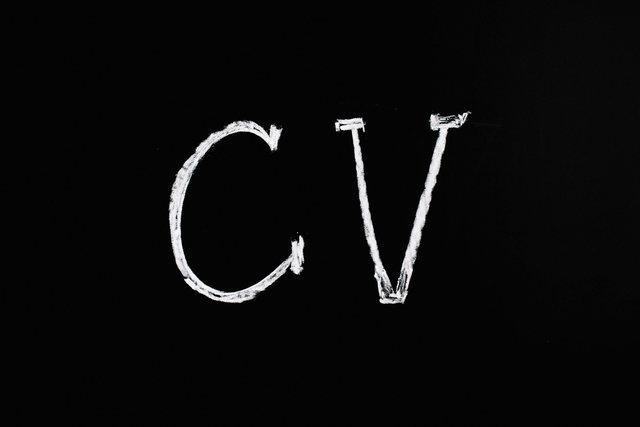
In an increasingly competitive job market, your CV is the first reflection of your personality and potential. It is the document that speaks for you before you even open your mouth, the business card that presents your experience, skills and vision. A well-constructed CV is not just a list of facts, but a carefully written story that opens new career doors.
1. Think like an employer
Most people see a CV as a document that should show everything they have done. But the truth is different: a CV is not for you, but for the employer. The first question you should ask is: What is he looking for in me? Adapt the description of your experiences to the duties and requirements of the job.
2. Clean and professional structure
A CV should be easy and quick to read. Recruiters often only spend a few seconds on a document, so structure is essential. Use clear sections: Personal Information, Education, Work Experience, Skills, Languages, Certifications. Avoid filling it with strong colors or complicated designs, unless you are applying to creative fields. Elegance is always in fashion.
3. Showcase achievements, not just tasks
One of the most common mistakes is simply listing responsibilities. Don’t just write “I worked as a marketing manager.” Try to provide concrete results: “I increased the company’s followers by 50% in 6 months” or “I successfully managed a budget of €100,000.” Numbers and achievements give credibility and show your real impact.
4. Customize each application
A standard CV for any job may save you time, but it won't open doors. Every job has unique requirements, and every employer is looking for someone who fits their culture and goals. Modify descriptions, highlight skills that match the role, and use keywords that are in the job description.
5. Short, but powerful
A CV doesn't have to be a novel. Ideally, it's 1–2 pages. Focus on what's most important and directly related to the job. Each sentence should have a clear purpose: to show why you're the right candidate.
6. Add elements that differentiate you
In addition to classic experiences, include things that show your personality and passions: participation in training, volunteering, personal projects or activities outside of work related to your profession. These elements often show that you are an active, dedicated person and ready to bring new values.
A CV that opens doors is not one that tells everything, but one that carefully chooses what to tell. It is the document that makes the first meeting with the employer possible, that says: “Here is who I am, here is what I bring, and here is why you should trust me with this role.” Always remember: it is not the one with the most experience who wins, but the one who knows how to tell their story most clearly and elegantly.
Photo by Anna Tarazevich:
https://www.pexels.com/photo/white-text-on-black-surface-5598290/





